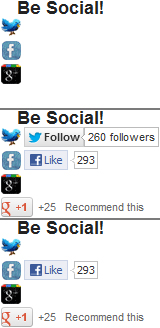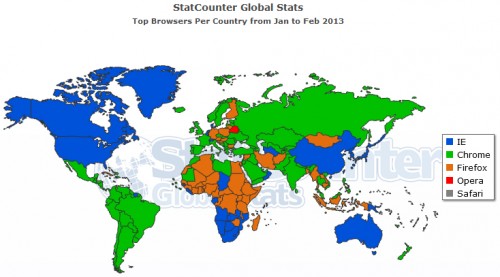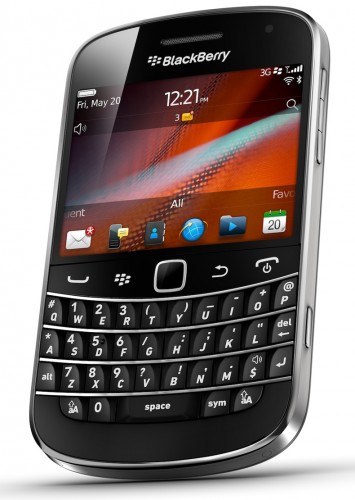This coming Saturday, Samsung’s latest smartphone, the Galaxy S4, goes on sale.
Smartphone Battles
Like with most mass market technology, there is a war going on in the smartphone industry. In 2012, according to market analyst firm ICD, Samsung controlled 30.3% of the global smartphone market, 59.5% up on the 19% of the market it controlled the year before.
There is no doubt that Samsung is currently the dominant force in the smartphone market. The firm seems to slowly be winning its battle with Apple, and looks set to take on Google next, with rumours that it soon plans to ditch Google’s Android operating system altogether.
Nokia are predicted to make a comeback (how successful I am unsure) thanks to Windows RT, and makers of BlackBerry, RIM, are also looking stronger in 2013 after the release of BlackBerry 10 earlier this year.
Galaxy S4
Samsung are trying to steal even more of the market from its competitors with the Galaxy S4, so it has pulled out a few stops, maybe not all the stops, but quite a few, to make sure that the phone is a success.
So, the phone has loads of new features, to make it slightly better than its predecessor – the S3.
The S4 has a slightly bigger (5mm to be exact) screen, boasting a whole 5 inches of full HD display, which no doubt gives it amazing clarity. The new phone is also slightly thinner than the S3.
You can buy a Galaxy S4 in black and white, or as Samsung like to call them: black mist and white frost. I have never looked at a phone before (smart or not) and thought “that looks like frost” or mist, but maybe the S4 really does; or maybe it’s just marketing.
 Samsung claim the latest edition of its Galaxy is usable even with gloves on, hopefully reducing the cases of zombie fingers – Jonny, you might be able to use it! 😉
Samsung claim the latest edition of its Galaxy is usable even with gloves on, hopefully reducing the cases of zombie fingers – Jonny, you might be able to use it! 😉
The phone has various other new features, such as Samsung WatchON, which connects your phone to your TV, turning your phone into a remote control.
Another new feature is the multi-speaker capability – if you have more than one handy, you can sync them together to create a better quality of sound.
The S4 will also come with built in 4G compatibility, which the original S3 didn’t. If a fast internet connection is important to you when you are on the go, then the S4 is probably a better choice than the S3.
Eye-Tracking
Probably the most exciting new feature of the Galaxy S4 is the new eye-tracking technology. The phone uses its front camera to monitor the users eye movements, and uses can use this function for a host of different activities.
One of the features which uses the eye-tracking technology is video playback. If you are watching something, and then look away, the device automatically pauses the media for you. Furthermore, eye-tracking technology can be used to scroll up and down a page, without the need to even touch the screen.
Photos
There are two interesting developments in the photographic area of the phone, the first is that you can now add audio snippets to pictures, to enable you to catch even more of the moment. You can also merge video with picture, creating partially animated pictures – sort of like the photographs in the Harry Potter films.
The S4 can also use (and display) the front and rear camera simultaneously, which shows that its quad-core ARM processor is pretty quick!
Your Thoughts
So what are your thoughts on the S4? If you are getting one, do let us know!
Do you think that Samsung have done enough to fend off the competition from its closest rivals?
Personally I think the S4 looks like it is set to become the best smartphone on the market when it goes live at the end of the week.



